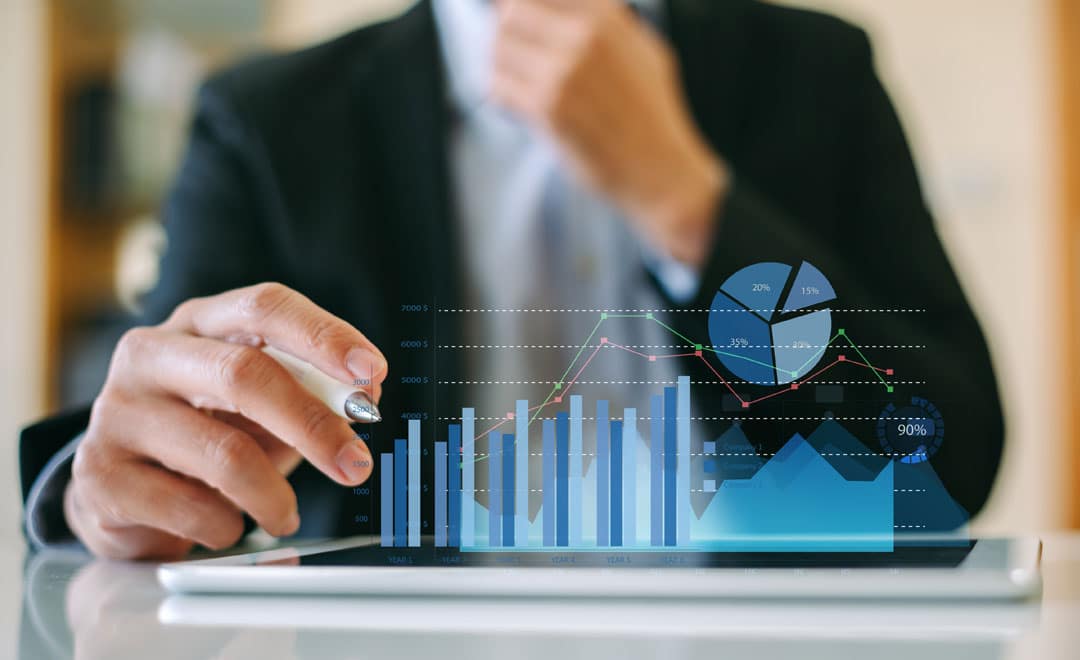Thanks to the multiple government stimulus plans, U.S. investors are flush with cash. While we have seen this cash spent in Retail Sales reports and earnings reports from Consumer Discretionary companies, USB Global Wealth reports that Americans have increased their savings to $1.6 trillion during the pandemic. It is very likely that many investors are sitting on a lot of cash.
Unfortunately, with inflation clocking in at 5.4%, cash is one of the last places an investor should be. Over the long term, inflation will eat away at your purchasing power because if your savings don’t grow at the same rate as inflation, you will effectively lose money. Saving accounts are paying about 0.50%, while CDs are slightly more, around 0.60%. Short-term bonds are even worse at 0.05%. On the other side, the S&P 500 is trading near 30 times earnings, which is well above the long-term average of 16.95—a clear indication that the stock market is overvalued. Furthermore, real estate is near an all-time high thanks to low mortgage rates and the increased demand for bigger and better homes from those who have been “quarantined” at home through the pandemic.
So, what should investors do with their cash? From our perspective, it depends on your financial plan.
First, do you have a fully funded emergency reserve? All households should have three to six months of expenses available to weather a storm. During the pandemic, many tapped their emergency funds with cut hours, suspended bonuses, or even lost their jobs from companies downsizing. If you have cash, go ahead, and earmark it for emergencies. You may have to accept a low interest rate from CDs or a money market account. Emergency reserves need to remain liquid with principal protected from loss as much as possible.
Do you have 10-year liquidity needs filled? If you have been filling up your fixed-income bucket to cover your expenses, cash isn’t a bad idea. There is no need to sell stocks to move funds to fixed-income investments if you are flush with cash. The sooner you spend it, the less it will be affected by inflation.
If your cash is available for long-term investment, having a little patience may serve you well. The government is poised for policy change, which may include higher taxes and a substantial investment in infrastructure. We believe investors should be comfortable with a cash balance in their investment accounts but be ready to move quickly when buying opportunities present themselves.
Your other option is to dollar cost average your cash into the market. Investing all your money at once will most likely have you buying at the top. Dollar-cost averaging will allow you to capture some of the normal fluctuations in price. Since inflation will eventually cause corporate earnings to increase and force real estate prices to continue to rise as rents increase, stocks and real estate are some of the best places for investors to focus right now.
If you have questions on what to do with your cash, the experts at Henssler Financial will be glad to help:
- Experts Request Form
- Email: experts@henssler.com
- Phone: 770-429-9166






